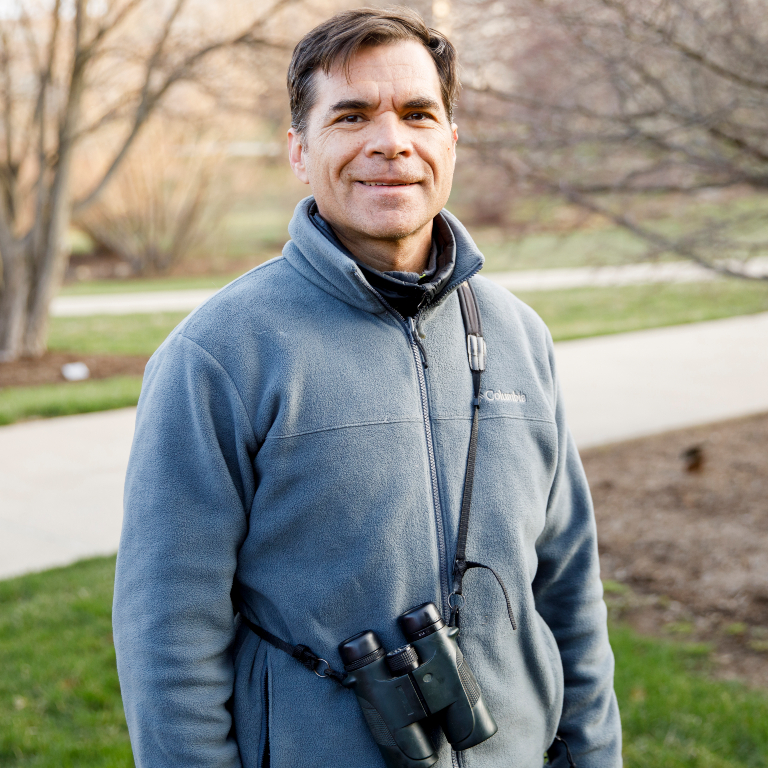The robin was hopping on the parking lot of the Denali post office, less than half a mile from Denali National Park’s entrance — and Emily Williams was desperate to catch it. American robins are a common sight on the North American continent, but this was not just any backyard robin. Williams, then an avian ecologist at Denali, had captured it a year earlier in the Alaskan park and had outfitted it with a GPS tag. The bird had likely traveled thousands of miles before coming back to the park, but without netting it and retrieving the tag, Williams would never know for sure.
“There is the key to so much data right here,” Williams said. “It’s so frustrating when you can see that bird with your binoculars, and you can’t catch it.”
Williams and a colleague would recover four tagged robins in Denali as part of a multi-location study. Collaborating researchers recovered one more robin in Amherst, Massachusetts, and two others in Montrose Park, an urban park managed by the National Park Service in Washington, D.C. The data from the birds’ GPS tags showed an incredible diversity of migration strategies, according to Alex Jahn, who was then a research fellow at the Smithsonian Migratory Bird Center and who coordinated the study. Some robins migrated more than 5,000 miles round trip, one traveled a leisurely 1,500 miles, and two pretty much stayed put. This flexibility could suggest that robins are able to adjust to evolving conditions such as rising temperatures and that tracking where the birds travel could provide early warnings of a changing environment, Jahn said.



